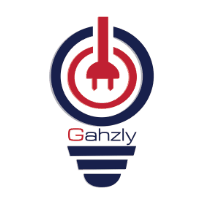Control panels are used to identify switches and controls on equipment. May cover membrane switches, and have holes for switches or screws, clear areas for indicator lights, etc. Usually printed on Lexan pr Lexsaver. Because control panels are often subject to physical contact – whether due to use of membrane switches, or due to proximity to connectors and control knobs–the most durable materials are usually used in their construction. For practical purposes, this generally means one of three types of material compositions: Lexan® 10 mil, LexSaver™ or Polyester 2 mil – Gloss White or Clear.
Lexan® 10 mil UL RECOGNIZED: This is the most common construction for electronic control panels. 10 mil clear Lexan® (polycarbonate) with a velvet finish on the top surface is subsurface printed (printed with mirror image) on the back side. A 2 mil or 5 mil adhesive (usually crystal clear adhesive; we use 3M 467MP or 468MP) is laminated over the printed back, and the control panel and its internal cutouts are cut from the Lexan. The printing is protected by the 10 mils of Lexan, and the velvet surface masks minor surface scratches keeping the control panel looking like new for years. Clear (non printed) windows can be designed in for display panels, or LEDs. Adhesive free areas (“patterned adhesive”) can be designated if necessary under certain switches or display window areas.
LexSaver™ UL RECOGNIZED: In the LexSaver™ process, a substrate material (usually 2 mil white or clear polyester), which has a preapplied pressure sensitive adhesive (PSA) on a release liner, is printed and then overlaminated with a 5 mil velvet surface Lexan overlaminate. The outer shape of the control panel and the interior cuts are then “kiss cut” (cut through just to the release liner). The excess material is stripped away leaving the control panels in place on the roll of release liner.
The LexSaver™ process can be less expensive than subsurface printing 10 mil Lexan®, especially if there are a large number of internal cutouts on each control panel. It can also save money if a white substrate material can be used, since white will not have to be printed. (If the control panel requires clear or translucent areas, then a clear substrate material would be required.)
A LexSaver™ control panel has the additional advantage of being more flexible, and less prone to minor cracking that can occur when the control panel is used over membrane or microswitches. There have been tests on the Polyester/Lexan® combination and was found it particularly be well suited to membrane switch applications. In addition, if polyester is used as the substrate, all components of the control panel are UL recognized materials.
For special applications, other substrate materials can be used in place of polyester. Reverse printing black on Glow-in-the-Dark vinyl will produce a control panel with text or graphics which can be seen in the dark. Reflective Vinyl, Fluorescent Vinyl, or Removable Vinyl might also be used.
Polyester 2 mil – Gloss White or Clear UL RECOGNIZED: For less demanding applications, white polyester can be a durable, low cost alternative to the two Lexan® constructions above. Since it is less rigid, it is slightly more difficult to align and apply, so is best suited for smaller control panels. Can be used on areas of equipment that are not likely to be seen as much, such as behind panel doors. For additional protection, or a high gloss or matte finish, use the appropriate overlaminate.
BY by GAHZLY
El Sewedy wire prices 2022
#Control #Panels #Identifying #Switches #Controls


